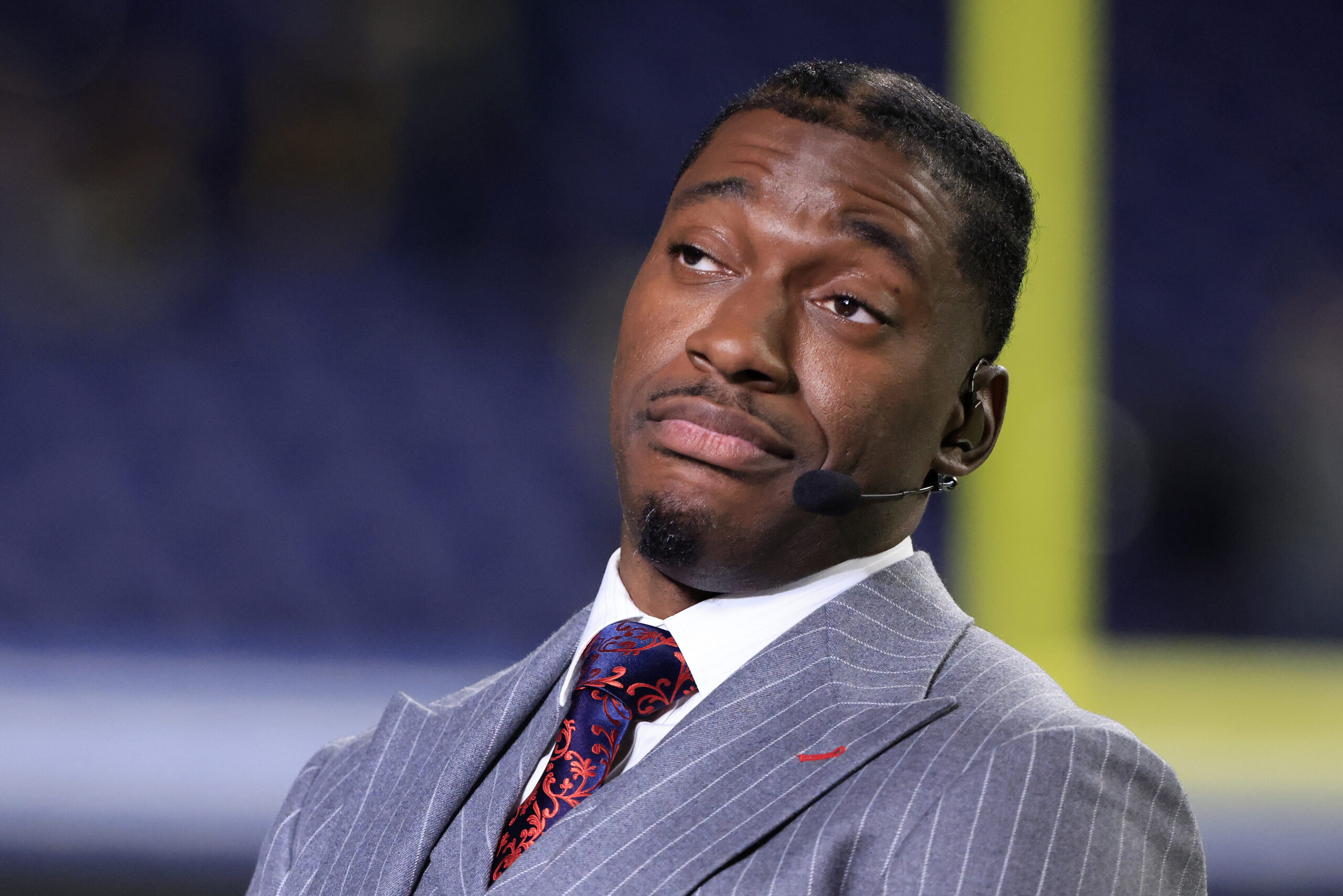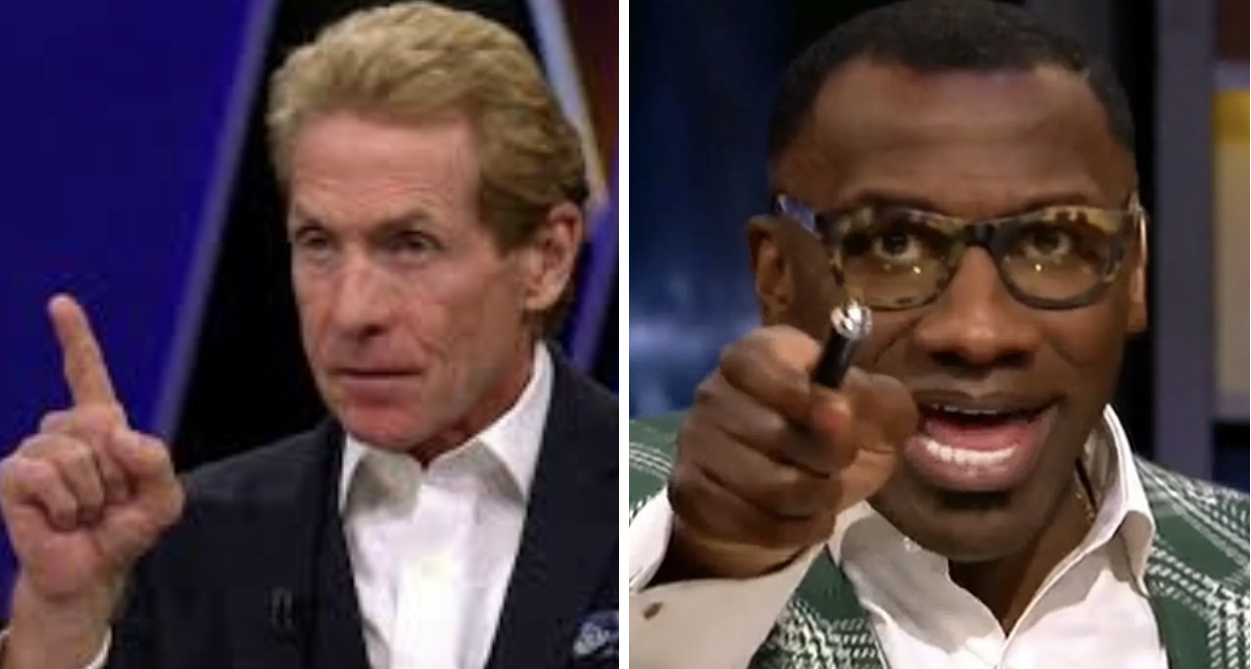Launched in September 1979, Sportscenter recently celebrated its 35th year as the worldwide leader in sports coverage. From the very beginning the cross cultural appeal of a recurring cable news show was as evident as America’s undying love for team sports of all kinds. However, it has been within the last five years that ESPN has become more youthful and relevant than it has ever been. This is thanks in large part to coordinating producer Galen Gordon.
“I’ve been at ESPN eight years next month, I’ve been with Sportscenter for three months. I was approached by the head of production, Rob King,” said Gordon. “I have a history of working on original programming at ESPN starting with Quite Frankly with Stephen A. Smith, Cold Pizza/First Take and for the last two years Numbers Never Lie. With this opportunity I had the chance to rebrand and change some things as far as creative ideas and having a nice team behind me. Rob wanted me to work on Sportscenter and approach the show with a different lens, a multi-platform lens.”
Though sports enthusiasts have always loved Sportscenter as a property, non-sports enthusiast had come to enjoy the show as well. However, the viewing numbers for the early evening Sportscenter at 6pm has declined significantly since 2013 as has the viewership of the 11pm broadcast as well. n
Gordon, having only been in his current position for a short period of time, was hired to assist ESPN’s flagship programming in regaining its rightful place among cable news sports shows. However, he admits there were other things that played a role in his ascension to his current position.
“There was certainly a push for diversity and inclusion on a lot of our shows at ESPN. Sportscenter just so happens to be one of them. We wanted a different approach. Diversity happened to be one of them. I’ve had some success with social media on my other shows, and I know that was part of it as well. The time had come where we needed to not just see these shows as not just television shows, but as multi-platform events. That’s how we’re approaching the show moving forward.
Being a Sportscenter coordinating producer is likely a highly-coveted position. However, not everyone has the stamina it takes to help put a show like this together.
“I’m usually in around 8:30, our first meeting is at 9:30. Then, pretty much from 10:00 through 2:00 we’re running to put the show on the air live at 3:00. Then, the post show meeting at 6:00. If I’m out by 7 that’s a good day.”
“We’re on the pulse of going on, on a day-to-day basis. We’re aware with what's going on with Major League Baseball, NBA, and hockey and usually there’s several storylines going on within each sport,” he explained. “We look at the best storylines and try to approach the show from that perspective. We look at the different day parts and see what storylines will play well for other day parts. It’s a lot of different thoughts that go into putting a show on the air. For me, I was a news producer for 13 years before coming over to ESPN. I started in Tulsa and I would sit through editorial meetings and hear a lot of stories pitched that didn’t have any effect on me or anybody that looked like me. As a producer, you have the opportunity to shape a newscast, shape a show, from a different lens and a different perspective. Delivering news to an audience in a way that’s easy digest it is helpful for them. At ESPN and Sportscenter it’s no different. We air the latest news, the most relevant news. In some cases its news that can affect you directly or as a society. That’s how we approach the newscast on a day-to-day basis.”
For the past five years or so, ESPN has rolled out the welcome mat for some of the hottest names in film, television and music, and now has something of a reputation for having its finger on the pulse of pop culture tendencies. That finger’s name is Galen Gordon.
“It’s just like Lil’ Wayne, he has such a strong cultural following across all races that many people don’t realize. He’s got broad appeal and an incredible social following. I’ve had a relationship with his management team going back six years. I was the first person to put him on TV at ESPN. We were doing First Take and I knew he was a big sports fan, I knew he was coming through Hartford, and we reached out to his management team. He did a concert that night and came to the campus to debate Skip Bayless one-on-one the following day. It was odd seeing this young, hip African American artist sitting across from Skip Bayless. Even the visual was engaging. So, it was something that drew a lot of younger viewers and, in some regard, really effected the cultural appeal of First Take.
Sports fans come in all shapes and sizes and there’s always that cross between entertainment and sports. Some say athletes want to be entertainers and entertainers want to be athletes. That has always been and we try to find opportunities where the two can meet. It can be fun. With the expansion of programing across the ESPN landscape there’s more room for entertainers or athletes as they’ve become our debaters, anchors or whatever you want to call them, to engage sports dialogue.
These days, a successful franchise stretches across multiple communications mediums to reach as many individuals as possible. Galen told The Shadow League how he will assist in the continued growth of the Sportscenter brand.
“We’re exploring things with Instagram, but we’ve found that for the most part younger viewers take to social media first. You watch a basketball game on television but you might have your smart phone in your hand looking at other things. We find that it’s important for us to reach younger generations and young demos, not just through television. In many regards, television is a second option for some people and social media might be the first.”



